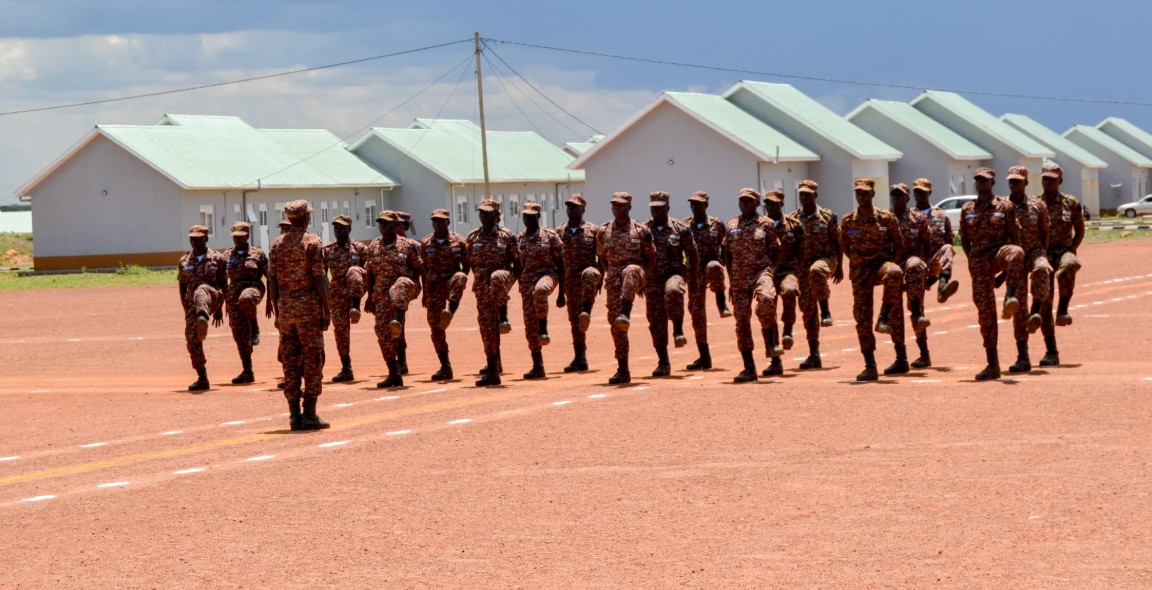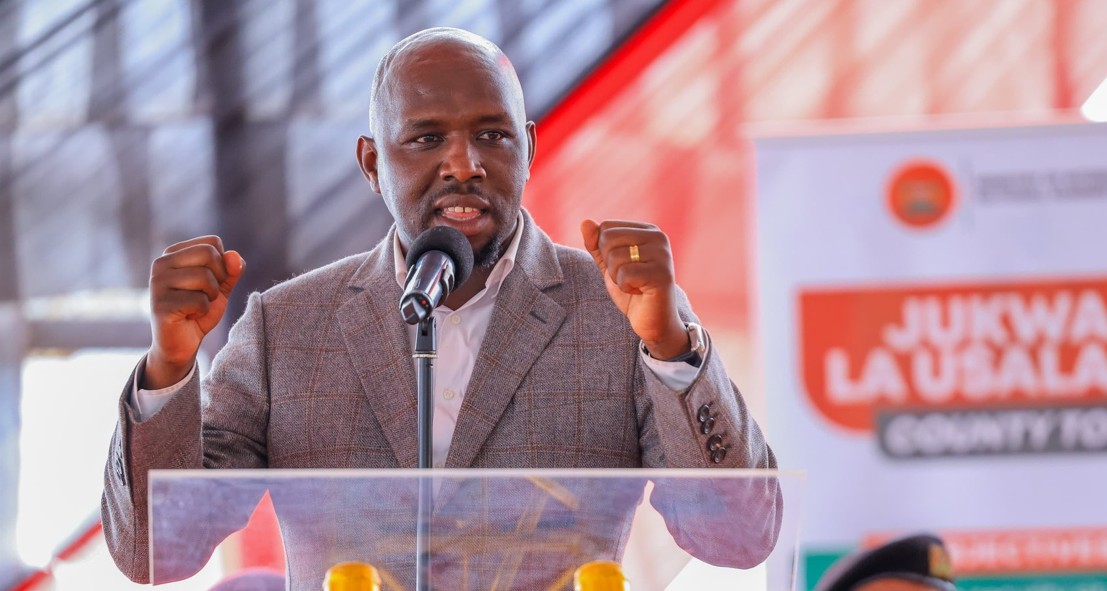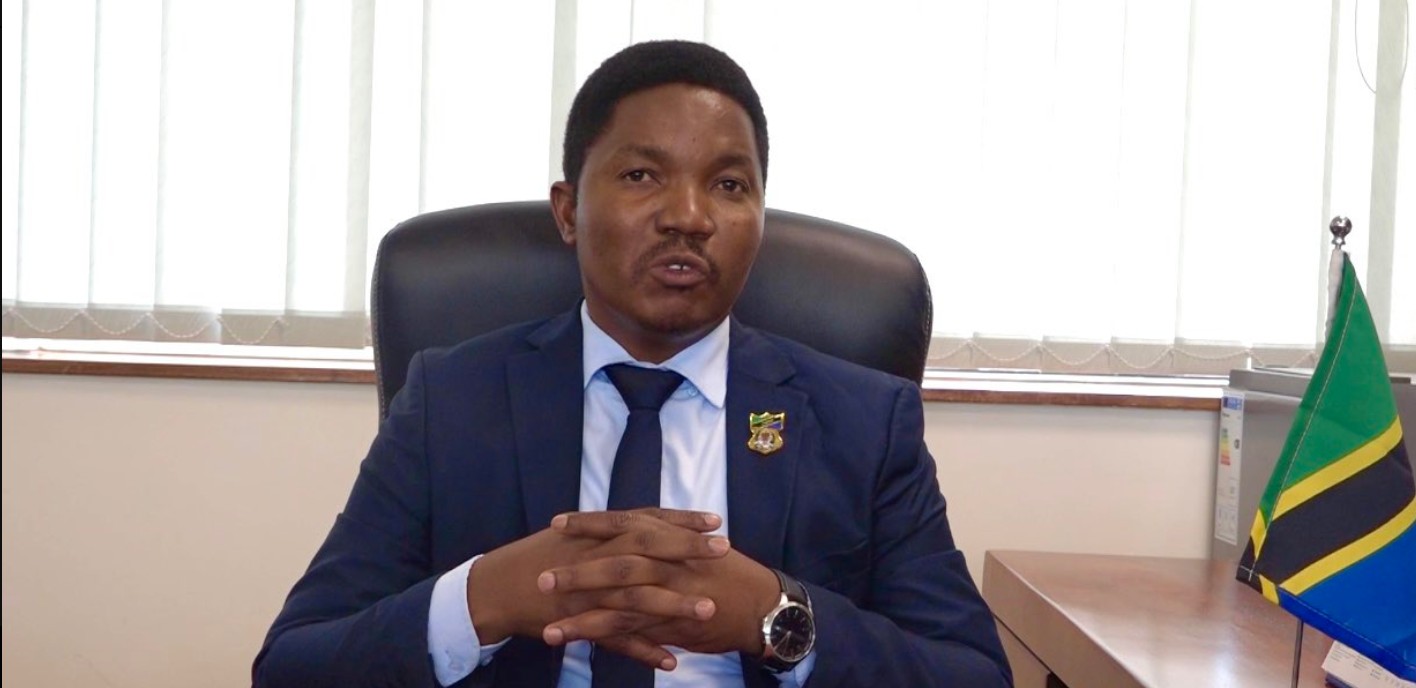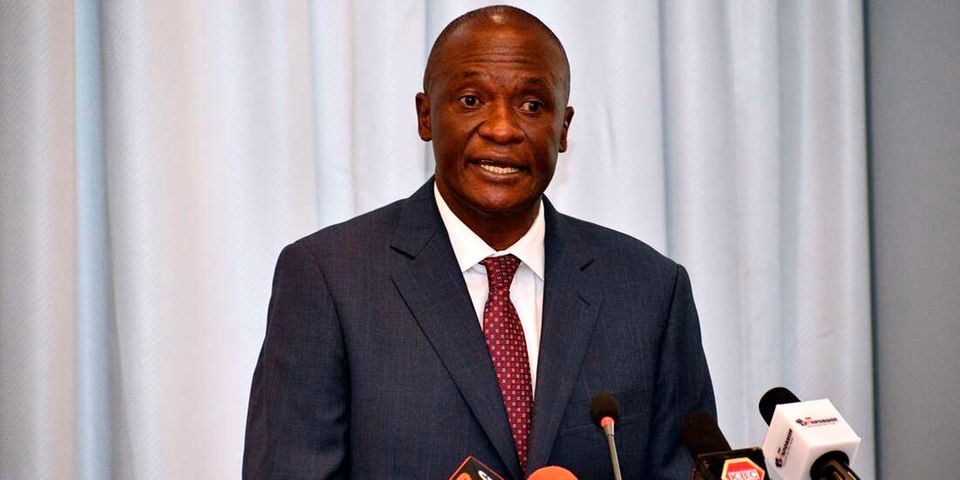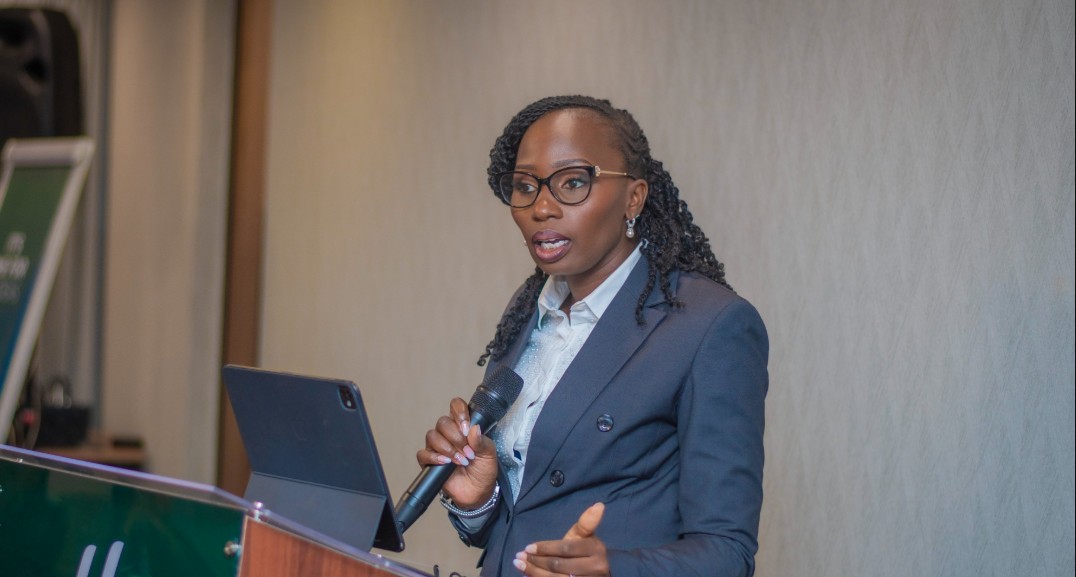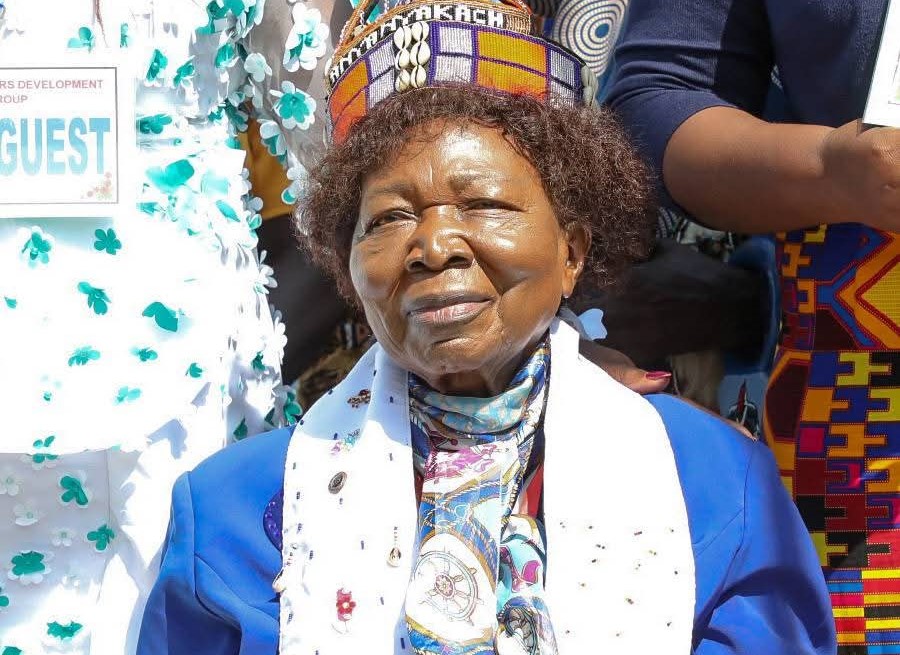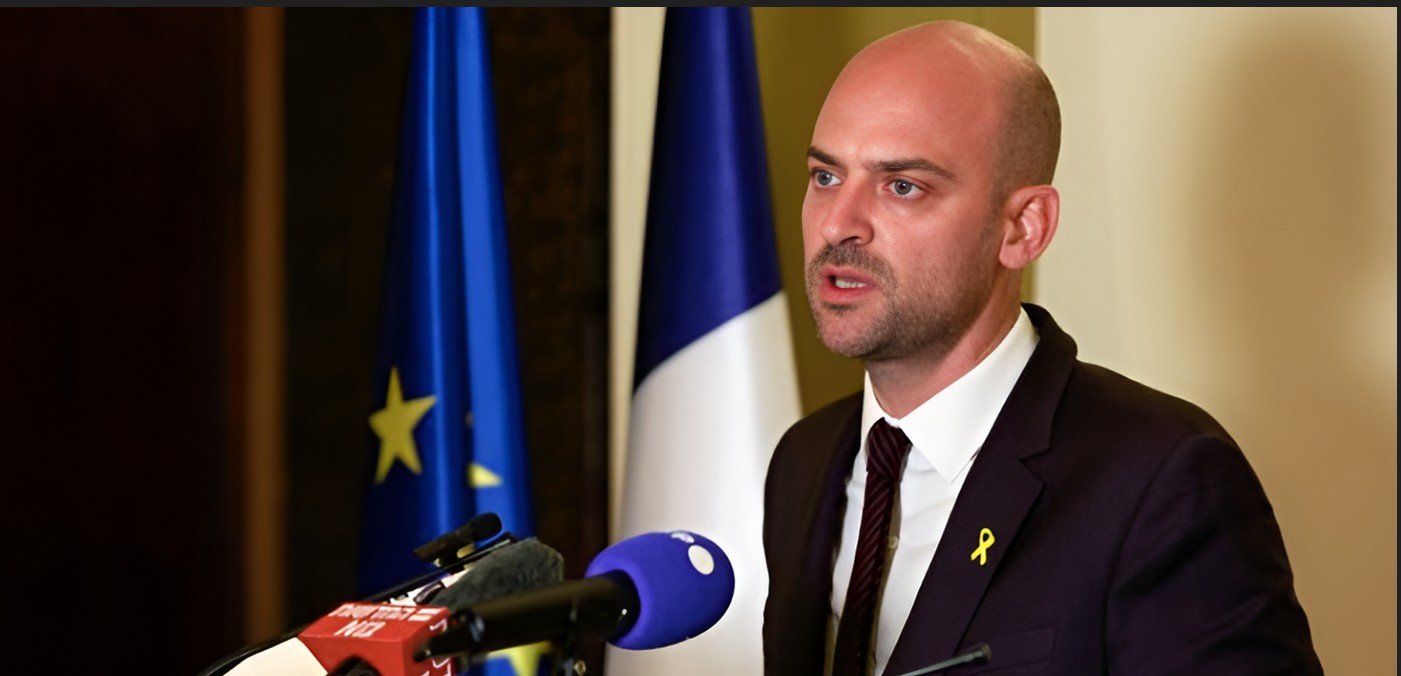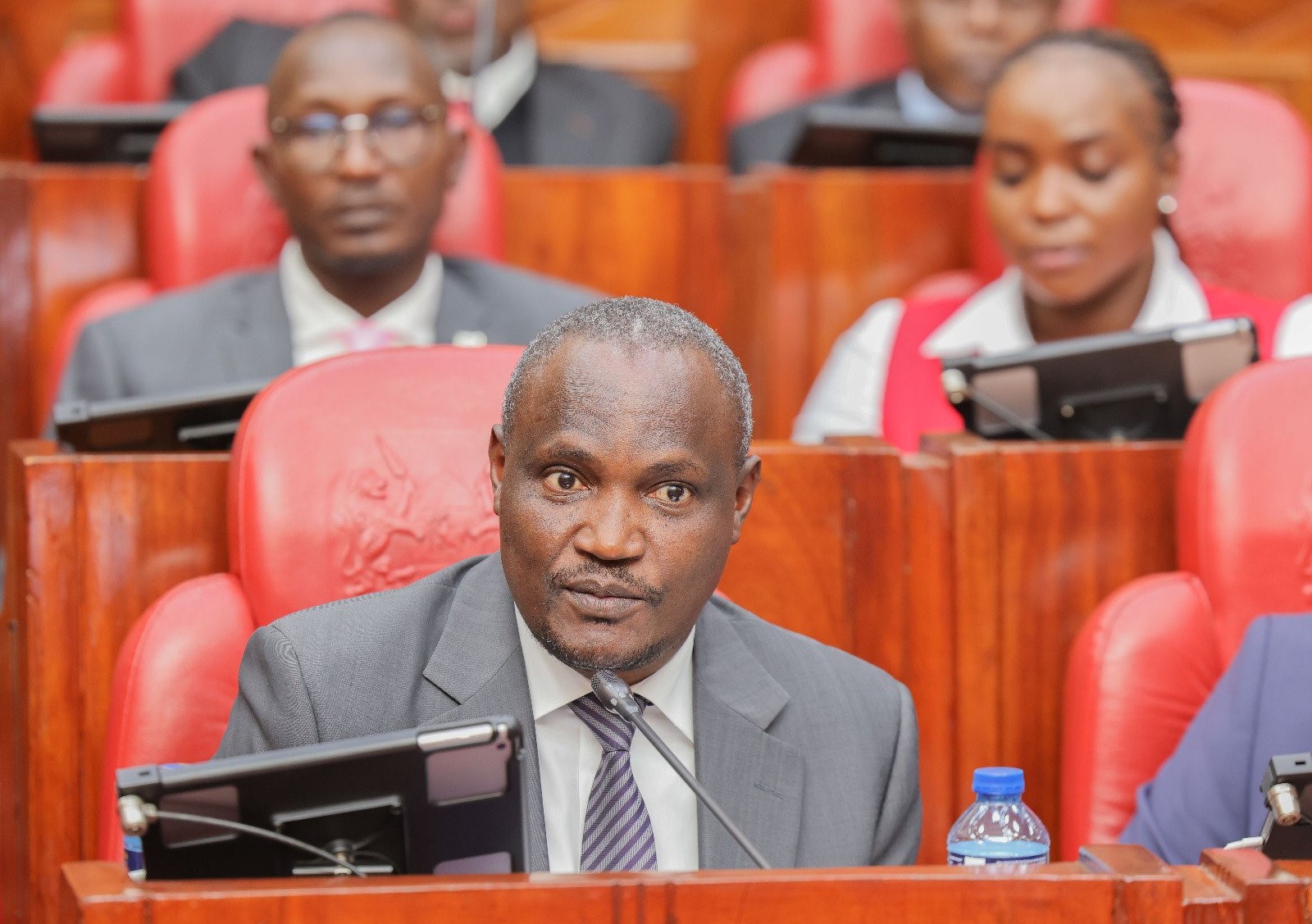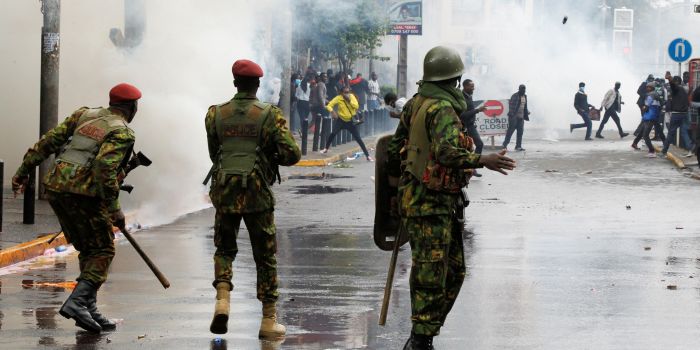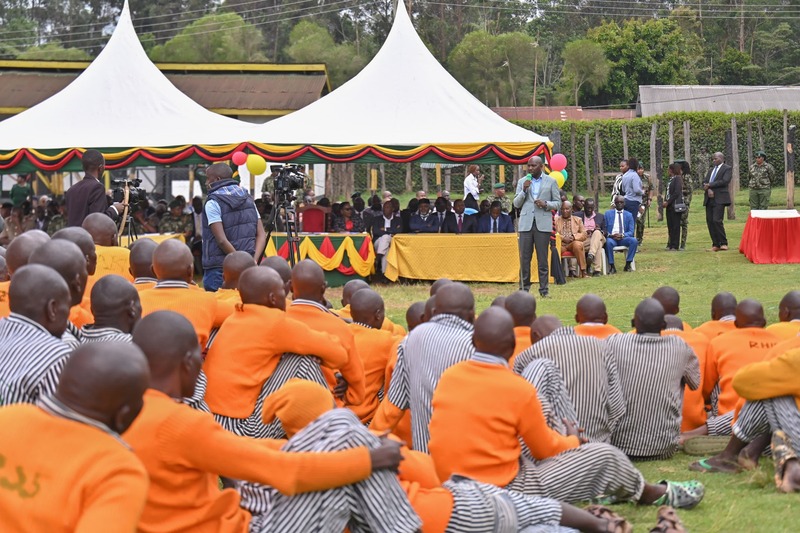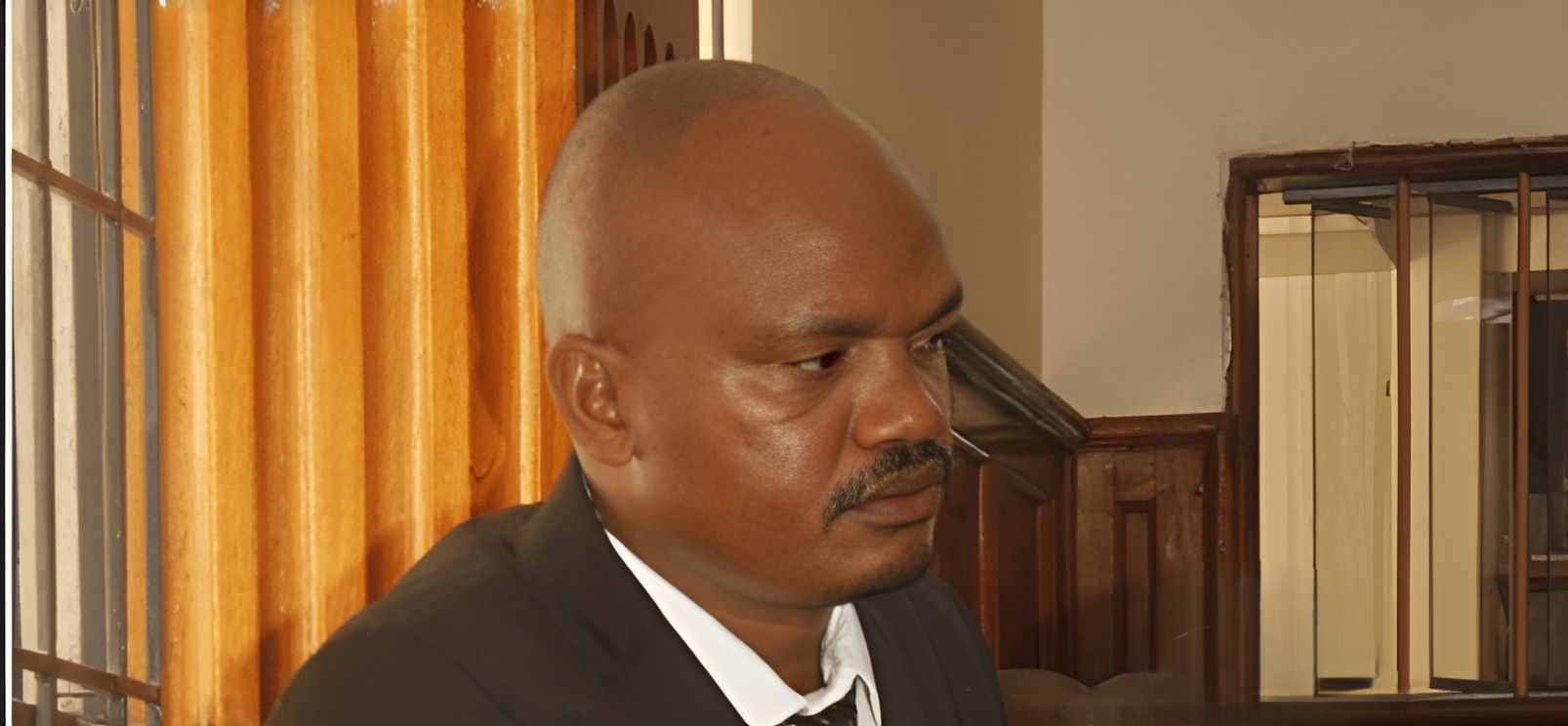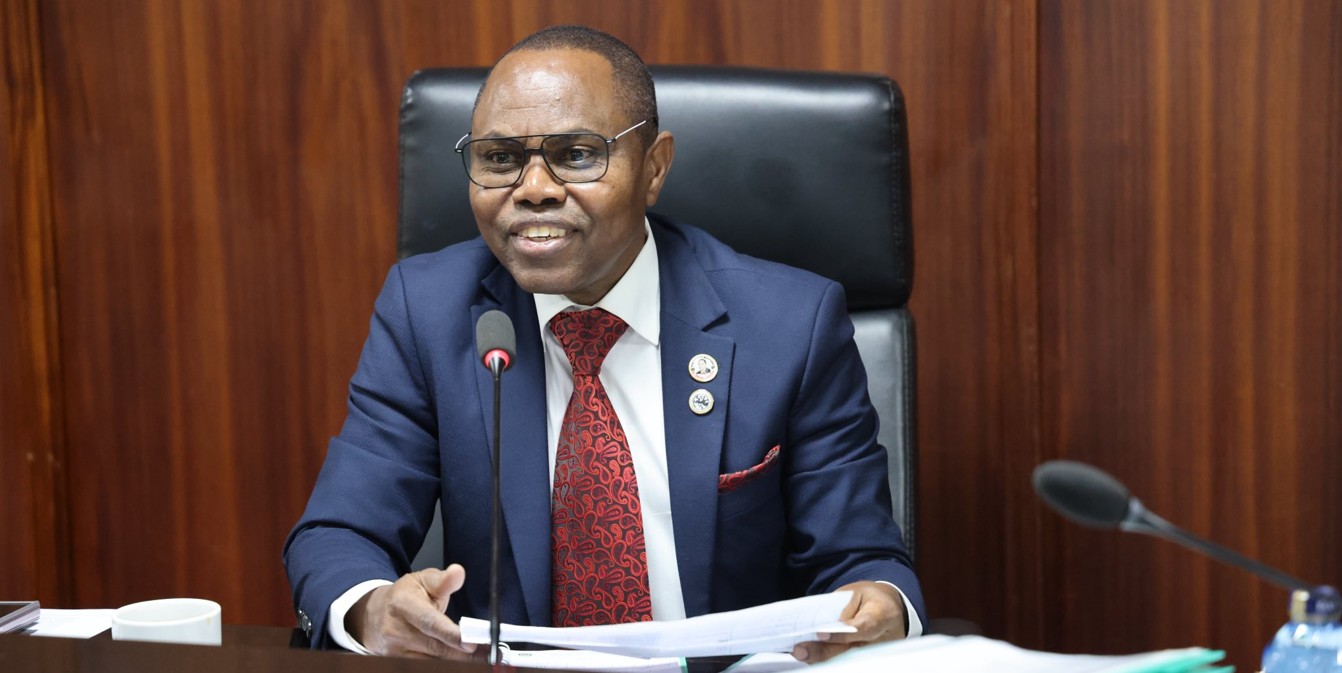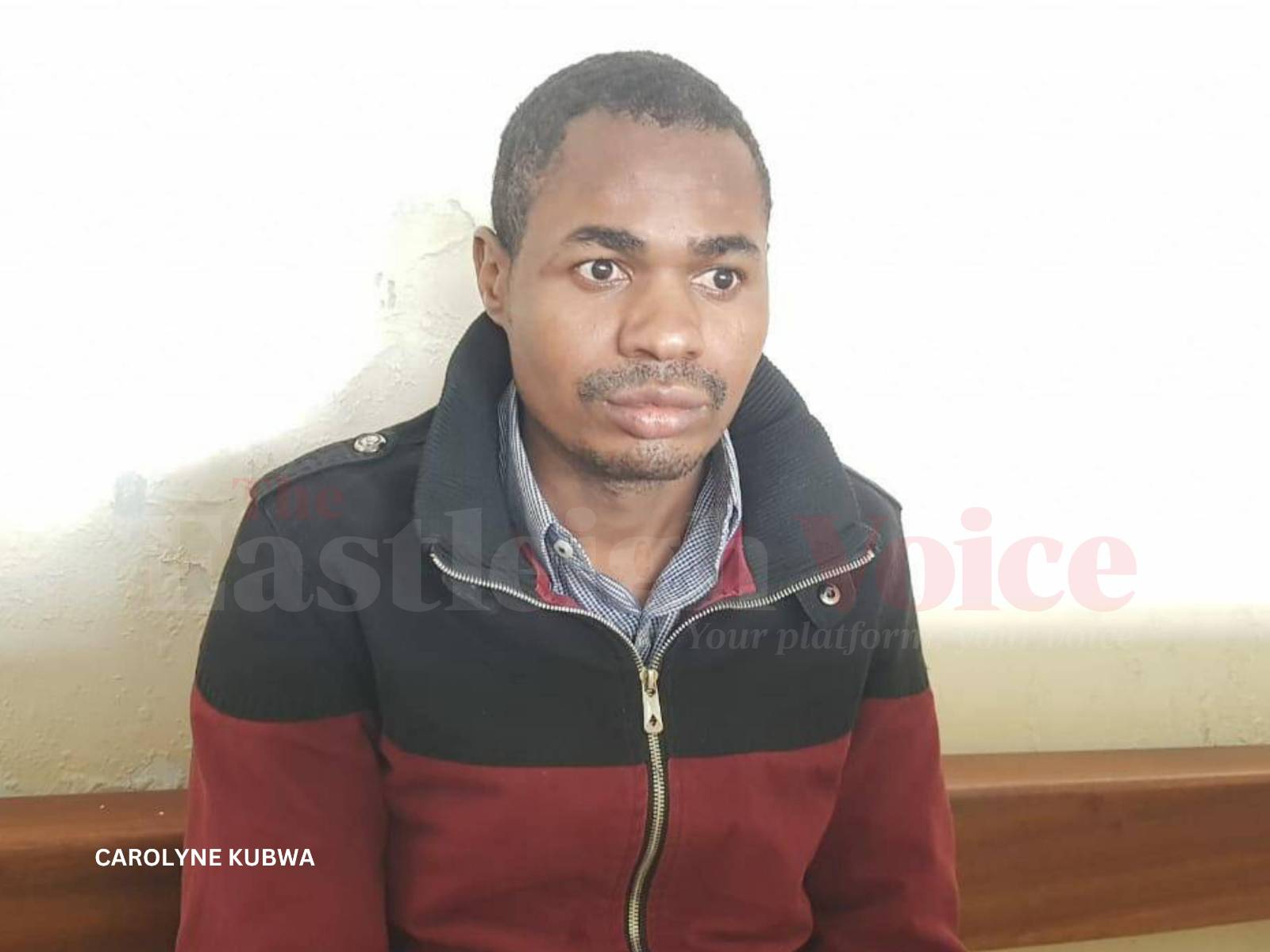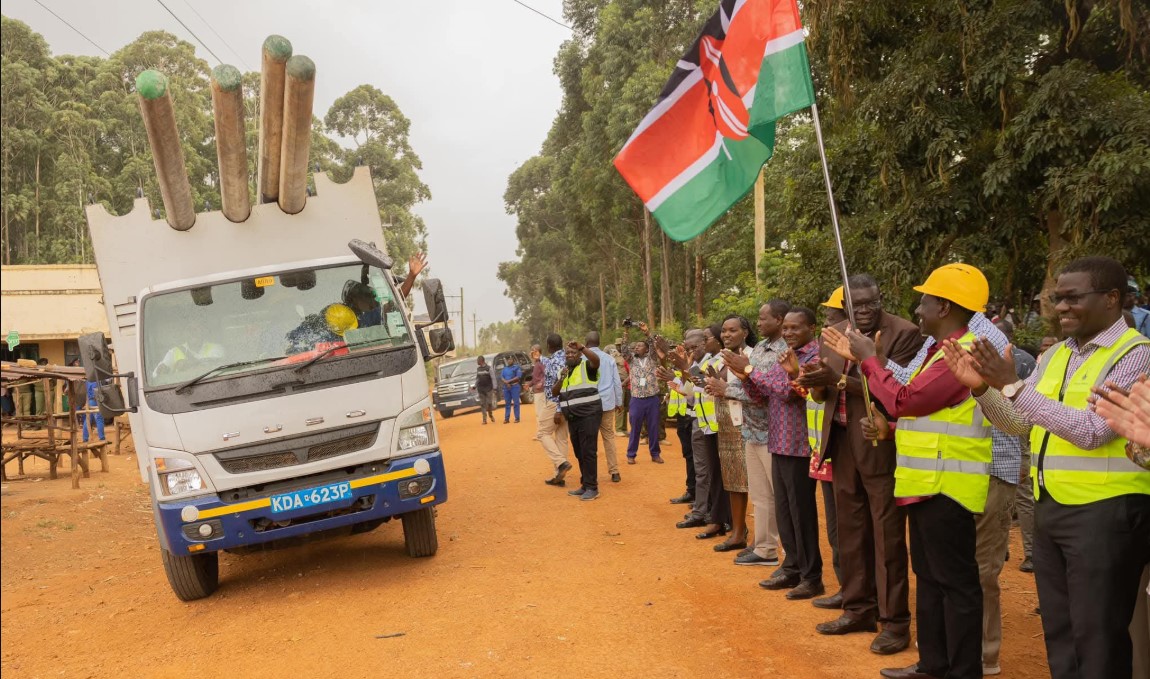Islamic State claims responsibility for DRC church attack that left at least 43 dead

According to the United Nations Organisation Stabilisation Mission in the Democratic Republic of the Congo (MONUSCO), the official death toll from the attack currently stands at 43, including 19 women and children.
The Islamic State (IS) has claimed responsibility for a brutal church attack in eastern Democratic Republic of the Congo (DRC) that left at least 43 people dead.
The terror organisation, also known as ISIL or ISIS, announced its Telegram channel, according to Reuters, noting that its fighters killed approximately 45 worshippers during a night mass in Komanda, Ituri province and burned dozens of homes and shops.
The assault is believed to have been carried out by the Allied Democratic Forces (ADF), a Ugandan-bred rebel group that formally aligned itself with ISIL in late 2018 after earlier attempts to affiliate with Islamist terrorist networks.
More To Read
- DRC opens 124 million hectares to oil exploration, risking endangered species and rainforests
- ISIS-linked rebels kill 38 in Catholic church attack in eastern DRC’s Komanda region
- Trading Africa’s minerals for security deals is a dangerous gamble, experts warn
- Kenya’s quiet envoy shuffle: After DRC snub, Ruto’s appointee lands in Accra
- Joseph Kabila faces treason charges as military trial begins in Kinshasa
- DR Congo: Little hope for robust truce with M23 rebel group
ISIL officially recognised the ADF as one of its central African affiliates that year and began claiming ADF-linked attacks in April 2019, starting with an assault on a Congolese army base near Kamango.
Since aligning itself with ISIL, ADF has launched numerous attacks on civilians in eastern DRC, particularly in Ituri and North Kivu provinces. The group is notorious for bombings, mass killings, abductions and the use of children in armed conflict.
According to human rights groups, ADF has increasingly targeted places of worship and civilian gatherings in recent years, aiming to instil fear and undermine local trust in the DRC government's ability to maintain the peace in the nation.
During the Sunday attack, dozens of ADF rebels stormed the church, catching worshippers by surprise. Most of the victims were either shot dead or hacked to death, according to local media reports. Many more remain unaccounted for.
Meanwhile, the Rwandan-backed M23 rebel group, which has been active in eastern Congo, has used the incident to criticise the Congolese government, accusing it of "blatant incompetence" in protecting citizens from ongoing violence.
According to the United Nations Organisation Stabilisation Mission in the Democratic Republic of the Congo (MONUSCO), the official death toll from the attack currently stands at 43, including 19 women and children.
MONUSCO has similarly condemned the surge in ADF attacks in DRC, calling them part of a troubling pattern of rising violence across the region
Kenya's Prime Cabinet Secretary Musalia Mudavadi also condemned the brutal attack, calling it "tragic and deeply unsettling."
Mudavadi expressed deep sympathy for the victims and their families, describing the events as an affront to humanity.
"The horrific attack on worshippers gathered for a night vigil in Komanda, which claimed the lives of more than 40 innocent people, including children, is both tragic and deeply unsettling," he said.
Mudavadi condemned the violence as a deliberate assault on peace, faith, and community: "Such cruel acts targeting peaceful civilians in a sacred place of worship are not only inhumane but should spark collective outrage across our region and the entire continent."
"My thoughts and sympathies go out to the grieving families and the people of the Democratic Republic of Congo. I stand in solidarity with them during this difficult time. May calm return to Komanda and may peace triumph over violence," Mudavadi's statement concluded in solidarity with the victims.
The DRC has been plagued by instability in its eastern provinces for decades, but the scale and frequency of civilian-targeted attacks by the ADF are drawing new urgency for coordinated regional counterterrorism responses.
Top Stories Today
Reader Comments
Trending



